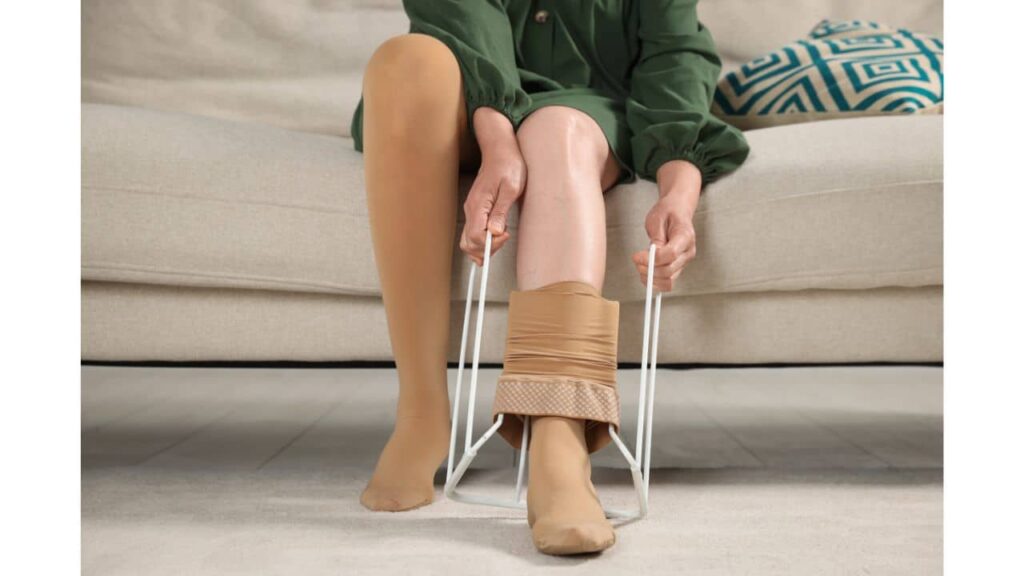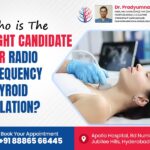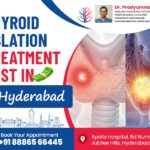What Are Varicose Veins?
Varicose veins are enlarged, bluish, bulging blood vessels commonly seen in the legs. These veins become visible and swollen when the valves inside them fail to function properly, causing blood to pool.
Is Surgery the Only Option?
No, surgery is not the only solution. Today, advanced non-surgical treatments are available, including:
- Laser Therapy
- Microwave Therapy
- Radiofrequency Ablation (RFA)
- Glue Therapy (Cyanoacrylate Closure)
These minimally invasive treatments use ultrasound guidance to seal off the problematic veins without the need for surgical cuts, stitches, or scars. Patients experience minimal discomfort and can return to normal activities quickly.
Who Gets Varicose Veins and Why?
Varicose veins are common among people who stand for long hours. Professions at higher risk include:

- Police officers
- Construction workers
- Doctors and nurses
- Teachers
- Security personnel
Why? Prolonged standing increases pressure on leg veins, making it harder for blood to flow back to the heart, leading to vein swelling.
Common Causes of Varicose Veins
- Age: Veins lose elasticity over time.
- Genetics: Family history increases the risk.
- Hormonal Changes: Pregnancy or menopause can play a role.
- Sedentary Lifestyle: Sitting or standing too long affects circulation.
- Obesity: Adds pressure to the veins.
Varicose veins are not just a cosmetic issue—they can impact daily life and health. Early treatment can improve your comfort and mobility.
Aftercare & Precautions Following Treatment
- Anaesthesia Type:
- If spinal anesthesia was given, rest for the day is recommended.
- If only local anesthesia (nerve block) was used, walking is allowed immediately post-discharge.
- Bandage Removal:
Bandages are removed the next day before your shower. - Skin Reactions:
Some redness or bruising is normal at the injection site. If you experience severe pain or swelling, consult your doctor. - Compression Stockings:
Wear Class 2 compression stockings for 3 to 6 months post-procedure. These should be worn throughout the day and removed only at bedtime. They help prevent the formation of new varicose veins.

- Clothing Advice:
Wear loose, breathable clothing. Tight clothes can increase sweating and risk of infection near the injection site. - Hygiene:
Keep the treated area clean for at least 7 days to avoid infection. - Medication:
Take the prescribed medicines for 5 to 7 days after discharge as advised by your doctor.
Need Help?
If you have any questions or concerns about varicose veins or treatment options, please don’t hesitate to contact us.
Book your consultation with Dr. Pradyumna Reddy, an expert in non-surgical varicose vein treatments.
Contact Us: +91 88865 66445






